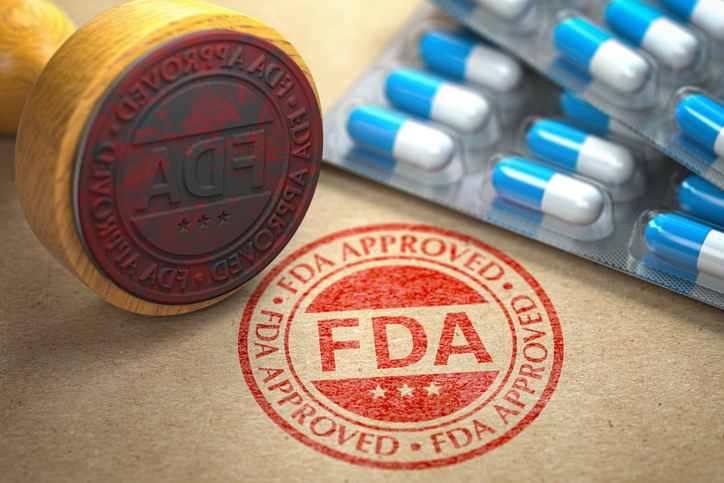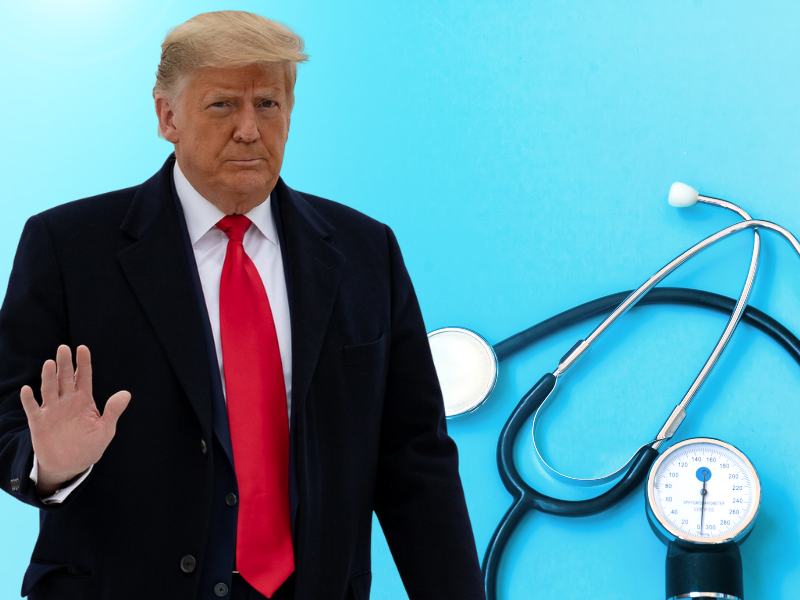“Washington bureaucracy and regulations far too often interfere with health care decisions of patients and their doctors,” said Sen. Ted Cruz (R-TX) in joining forces with Rep. Chip Roy (R-TX) to reintroduce the bicameral Reciprocity Ensures Streamlined Use of Lifesaving Treatments (RESULT) Act, opening the door for more drugs, devices.
The legislation would allow the FDA to approve drugs and devices that have already been approved in other industrialized countries and give Congress power to override a rejection.
“The RESULT Act amends the Food, Drug, and Cosmetics Act to allow for the reciprocal approval of drugs, devices, and biologics approved in certain trusted countries, including the UK, European Union member countries, Israel, Australia, Canada, and Japan,” states a press release from Cruz’s office.
Breaking the FDA Logjam
Senate cosponsor Mike Lee (R-UT) says government red tape denies Americans access to cutting-edge medical innovations.
“Americans should have access to the very best medicines and treatments in the world, without bureaucrats standing in the way,” Lee said in a statement. “This legislation will strengthen medical freedom, increase healthcare options for patients, and allow the most brilliant innovations from our trusted allies from across the globe to help countless families in the United States.”
Introducing reciprocity into FDA approval procedures would break the logjam that has long denied U.S. patients access to treatments readily available in other advanced countries, says Gail A. Van Norman of the Department of Anesthesiology and Pain Medicine at the University of Washington-Seattle.
“Whereas the United States has always relied on a centralized process through 1 agency, the Food and Drug Administration (FDA), the European Commission synchronized the regulations of 28 different countries as they combined to create the European Union,” wrote Van Norman in a study posted by the National Library of Medicine.
Lost Opportunity
The FDA’s lengthy approval process has profound effects on patients. A 2019 article in Health Care News described the case of a brain stimulation device that failed to receive “expedited” FDA approval.
Patient Carolyn Brodsky was diagnosed with Alzheimer’s in 2011. After undergoing six weeks of treatment in Boston using the NeuroAD Therapy System developed by the Israeli company Neuronix, her memory rebounded.
After being off the treatment for several months, Brodsky’s memory faded. Researchers gave her another round of Neuronix treatment, and it brought a noticeable recovery of her memory.
Brodsky’s husband, a businessman, raised $15 million to help Neuronix conduct clinical trials for FDA approval. In March 2019, an FDA advisory panel rejected the company’s application to market its treatment without further U.S. trials.
Carolyn Brodsky was subsequently treated with FDA-approved prescription drugs, which did not improve her condition. She died in December 2021.
Fifth Try
Legislators in both chambers introduced the RESULT Act four times prior, in 2015, 2019, 2021, and 2023. Republicans, who have supported the bill, now control both houses of Congress and the White House, as they did in 2019.
The bill, however, did not gain traction that year. “The bill is primarily aimed at smaller companies, which have a harder time than larger manufacturers navigating and paying for the FDA approval process,” noted a news release at the time of introduction.
“The FDA’s approval process has kept many useful drugs and devices from Americans for decades while adding enormously to the cost, so that only potential blockbusters can be brought to market,” said Jane Orient, M.D., executive director of the Association of American Physicians and Surgeons. “Yet, many have had to be withdrawn for adverse effects that became apparent later, some of which had been concealed.
“Then there is the Operation Warp Speed disaster,” said Orient. “The process is corrupt, untrustworthy, and errs in both directions. What is most needed is honesty and full disclosure—‘transparency’—and better after-market surveillance. The suggestion for reciprocity is good. Free markets work better than regulation.”
‘Disruptive Force’
Passage of the RESULT Act could be a significant step in getting meaningful reform at the FDA, says Craig Rucker, president of the Committee for a Constructive Tomorrow.
“The FDA has been doing the American public a grave disservice by refusing to change its ways,” said Rucker. “The Trump administration prides itself on being a disruptive force. The FDA is an agency crying out for disruption, and Congress and the White House can make that happen.”
Bonner Russell Cohen, Ph.D., ([email protected]) is a senior fellow at the National Center for Public Policy Research.



